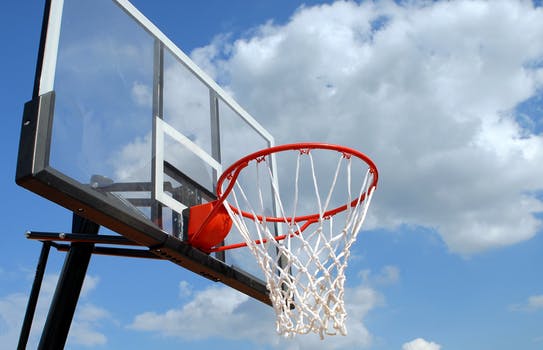It’s a tricky business being a professional sports agent – especially when its comes to representing student-athletes. To protect student-athletes and educational institutions, the Uniform Athlete Agents Act (UAAA) – and its 2015 revision – require athlete agents to register before they can represent student-athletes. See “Show Me the Money! TheUniform Athlete Agent Act (UAAA)” for an overview of the UAAA.
To receive a valid certification of registration under the UAAA, an athlete agent must disclose information relating to his or her:
- Education, training, and experience;
- History of felonies of crimes relating to moral turpitude;
- History of providing false or misleading representations;
- Previous denial, suspension, or revocation of an agent’s license; and
- History of causing or being the subject of any sanction, suspension, or declaration or ineligibility of a student-athlete
The UAAA offers two alternative ways for an athlete agent to register. First, Alternative A provides for reciprocal registration between states – this means if an athlete agent is registered in one state, then a second state would be required to register him if his registration was in good standing, there are no disciplinary proceedings pending against him, and the law in the second state is the same as the first.
The second option, Alternative B, occurs only if five states enact the UAAA, creating an interstate compact. Athlete agents could then register only once and be certified to practice in all states that agreed to the compact.






